A global movement to foster kindness
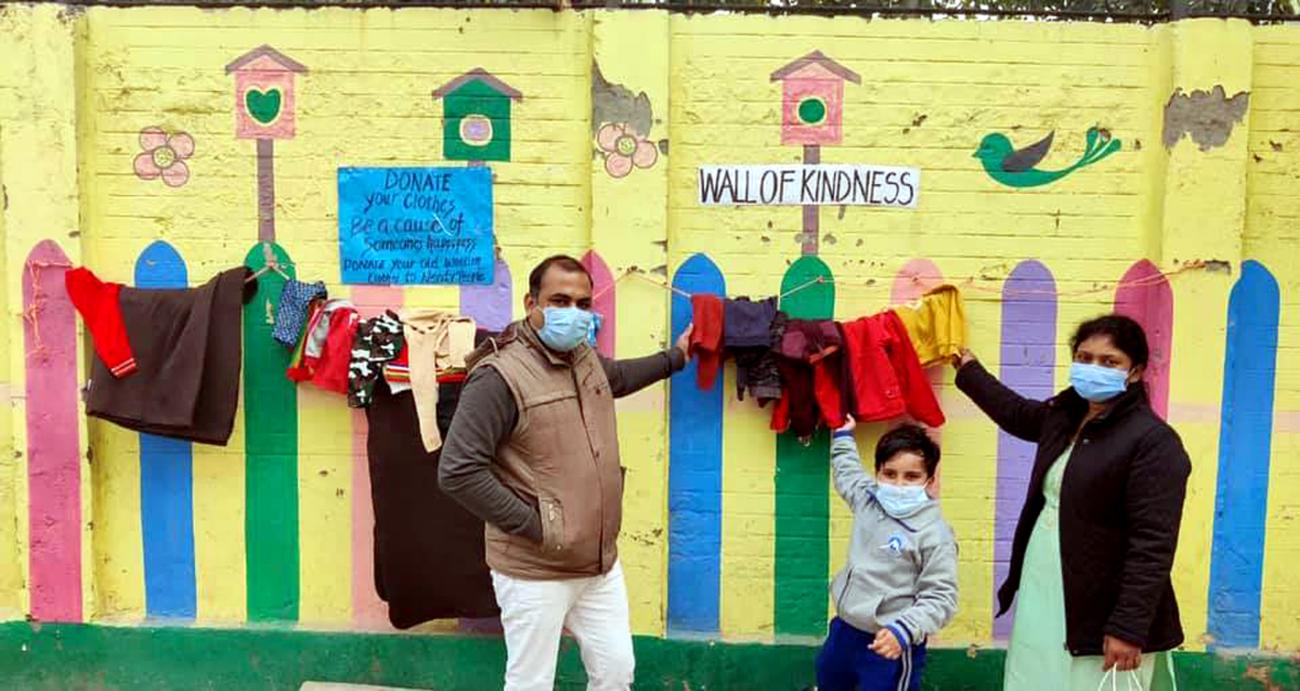
Thousands of young Indians have joined the UNESCO MGIEP #KindnessMatters Campaign, which aims at mobilising the youth to foster a positive culture of kindness a
The sun is still to rise over Kerala’s Manchadikkari Village, but N.S. Rajappan is wide awake. The 69-year-old villager, whose legs were paralysed after he contracted polio as a child, crawls down to the Meenachil River and slides onto a boat. Then, for 17 hours, he collects plastic waste from the waterways of Vembanad Lake.
He has done this almost daily for the last five years. “And he plans to continue to work every day, spreading kindness to the natural world around him, one plastic bottle at a time,” reads a chapter in a book called ‘Kindness Matters’.
For thousands of students in India and others across the world, Rajappan is a beacon of hope. Many, like him, are making efforts — small or big — for a better world. Rajappan’s story is one of 50 such accounts in the collection, published in November 2021.
The story reinforces the need for kindness, which is at the heart of a global movement led by the United Nations Educational, Social and Cultural Organization (UNESCO) MGIEP (Mahatma Gandhi Institute of Education for Peace and Sustainable Development). The book is a part of the #KindnessMatters Campaign, which was launched in 2018 by UNESCO MGIEP and seeks to mobilise the world’s youth to achieve the 17 Sustainable Development Goals (SDGs) adopted by all UN members. The SDGs include action to end poverty and hunger, for gender equality, quality education and clean water and sanitation.
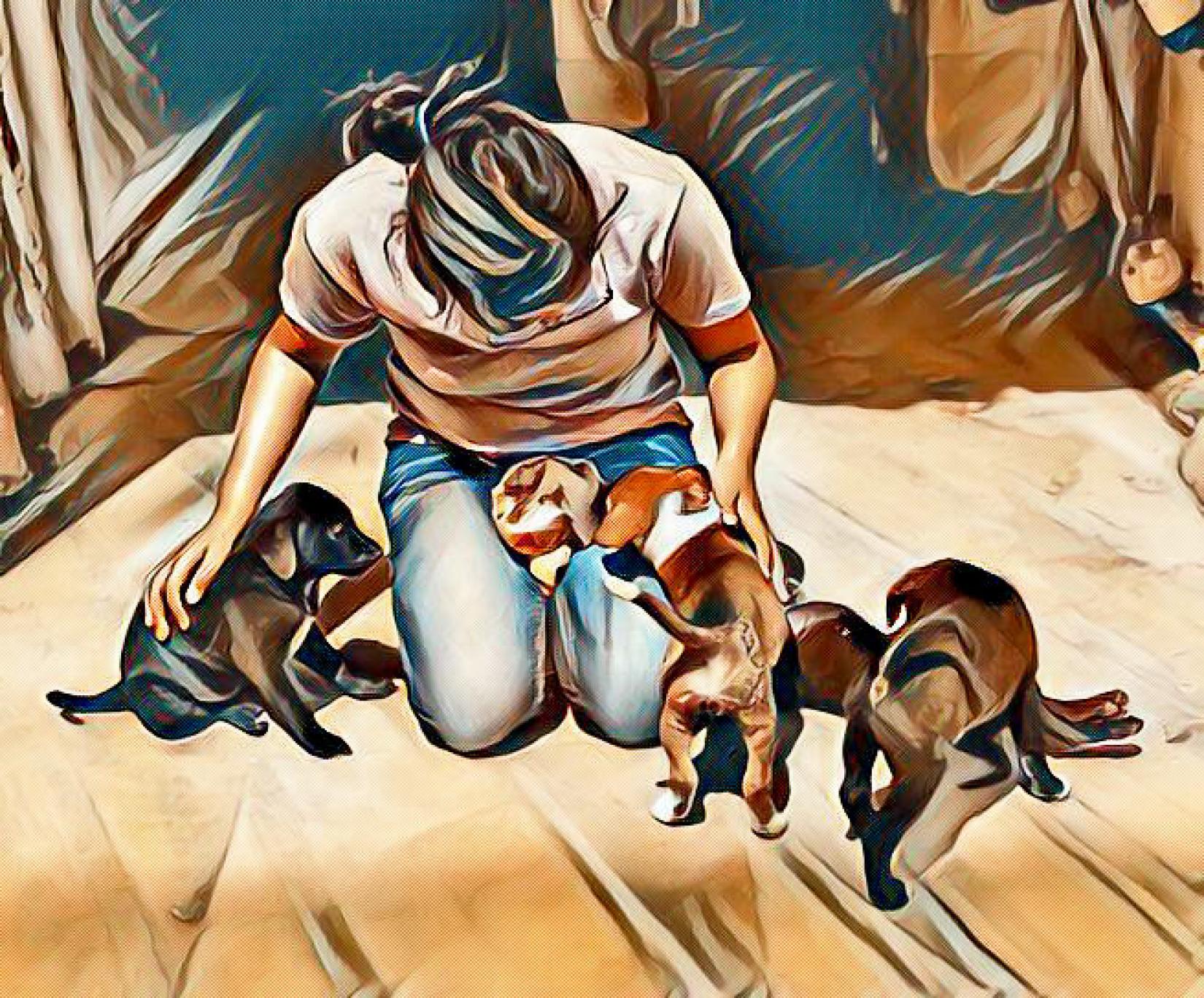
The campaign started on October 2, 2018 – an important date and year on the calendar for principles of kindness. The apostle of peace, Mahatma Gandhi, was born on October 2, 1869, and 2018 marked the start of celebrations to mark his 150th birth anniversary. The year also commemorated the birth centenary of South African leader and Nobel Peace Laureate Nelson Mandela. The campaign focuses on youth and was launched with youth activities across India, South Africa and Pakistan. Indian youth groups marked the day with a mass blood donation drive in collaboration with the International Federation of Red Cross and Red Crescent Societies, food distribution and educational sessions for unprivileged children.
The campaign invited participants to submit their accounts of kindness — anything from helping an animal in need to donating a blanket — to a storyboard on the UNESCO MGIEP website. So far, 1.2 million kind acts have been recorded from youth across 150 countries.
To give the youth opportunities to acquire the social and emotional skills that promote coexistence, UNESCO MGIEP organised the first World Youth Conference on Kindness in New Delhi in August 2019. Centred on the theme ‘Vasudhaiva Kutumbakam: Gandhi for the Contemporary World’, it highlighted the role of compassion in achieving the SDGs. The Sanskrit words ‘Vasudhaiva Kutumbakam’ mean the world is a family.
The conference provided young global thought leaders with an engaging platform to help them develop their social and emotional capacities and build momentum to celebrate World Kindness Day on November 13. Introduced in 1998 by the World Kindness Movement (WKM), a coalition of international NGOs, November 13 focuses on the power of positivity every year. The second world conference was held in October 2020, with the focus on ‘Kindness for Peaceful and Sustainable Coexistence’.
On October 2, 2021, UNESCO MGIEP and Faze Media (Canada), a media group, hosted the third World Youth Conference on Kindness on the theme ‘Achieving with Kindness’. The free, three-hour virtual conference celebrated the collection of more than 1 million stories of how kindness for self, others, and nature helps achieve the SDGs. Thirty-five young people shared powerful stories on how their deeds of empathy, mindfulness and compassion had transformed themselves and their communities for sustainable and peaceful societies.
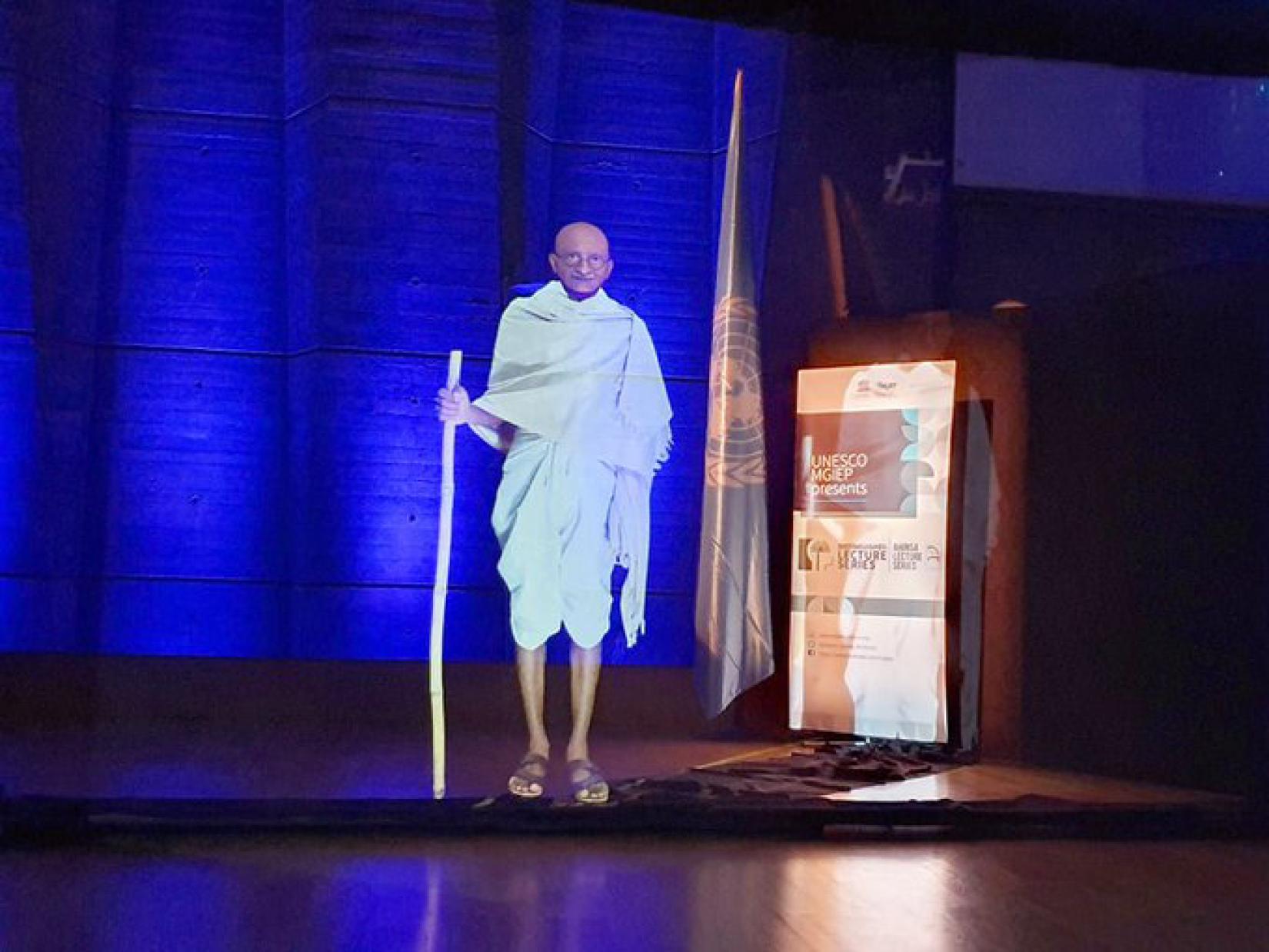
YOUTH POWER
The kindness movement has been drawing the youth in India, too. In April 2021, students from 107 schools across the country joined the global campaign. Since then, the schools have collected over 100,000 stories of kindness from students, teachers, parents, and alumni and submitted them to the UN.
Clearly, schools have been looking at lessons taught not just in classrooms. “Teaching Science and Mathematics is not the only job of an educationist,” says Jyoti Arora, Principal, Mount Abu Public School, Delhi. “We have to empower students to build a caring and sharing society. How do we do this? By fostering an environment of kindness, where everyone respects each other,” she explains.
From early 2020, the school has been organising a slew of activities to inculcate kindness among students. To begin with, it found that most students associated kindness with donations. Educational online sessions were conducted to broaden this definition. “Kindness can be anything — from watering a tree to feeding a stray animal,” Arora stresses.
No act of kindness is too small or too big. For Priya Tripathi, a student of Grade IX, it translated into helping a friend who had met with a road accident and had to be taken to a hospital. “The timely treatment helped her recover fast,” Tripathi says.
For Tanishka Johar, a Grade VI student at the same school, kindness is about regularly feeding street dogs in her neighbourhood and planting saplings. “These small acts of kindness give me a huge sense of achievement,” she says.
The school has set up the post of Kindness Leader in the Student Council. Just outside the school campus, it has erected a Wall of Kindness where anyone can place anything — from warm clothes and utensils to pencil boxes — for others to pick up. During daily attendance, students are asked to relate acts of kindness.
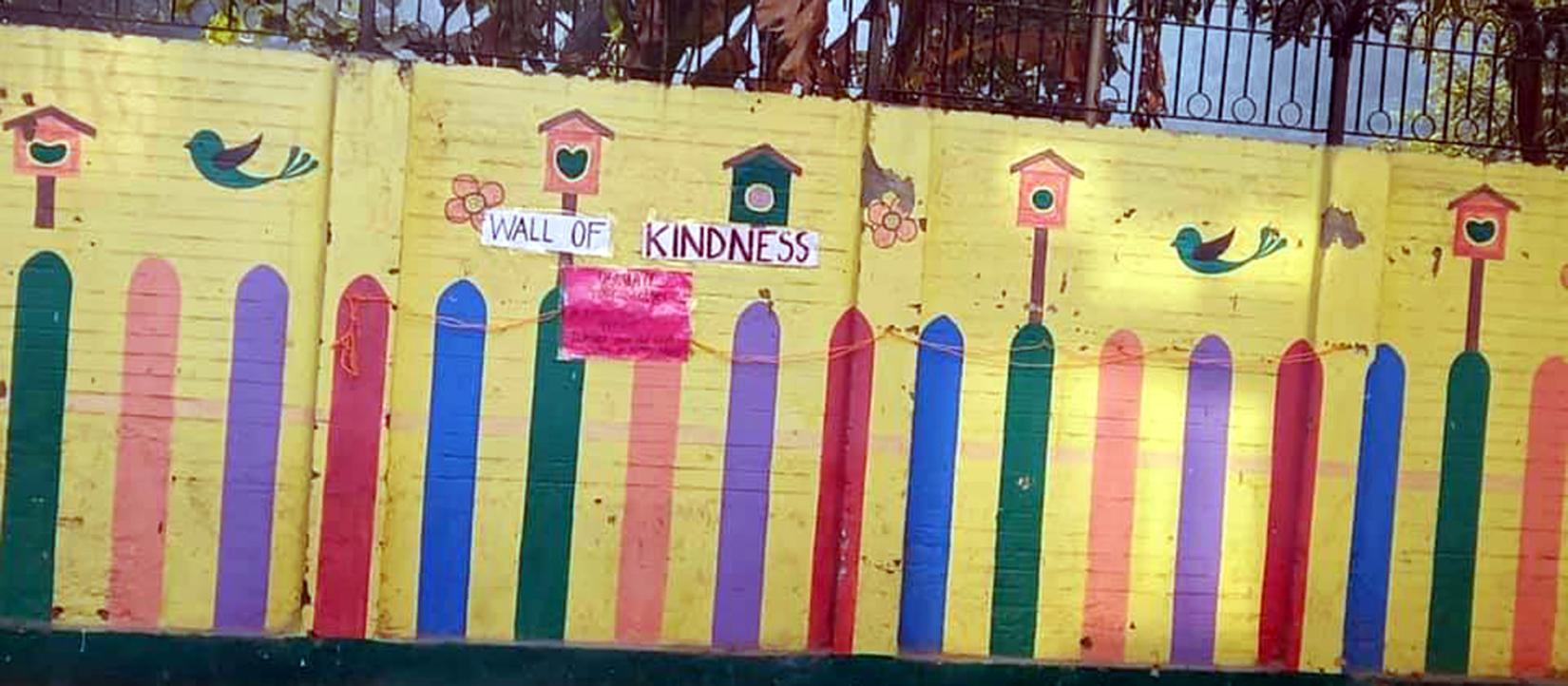
The school compiles a monthly list of such deeds by students. Those who score the highest on the kindness barometer win the title of Kindness Ambassadors. “This motivates others to add to their kitty of kindness stories,” Arora says.
The school has also proved that kindness is contagious. “It has had a ripple effect. We saw the movement turn into a tsunami,” Arora recalls. Seeing the benefits of the #KindnessMatters Campaign among her students, she gave a presentation to the Action Committee of Unaided Recognised Private Schools, an association of 1,500 schools across India, in April 2021. Of these, 107 signed up for the UNESCO MGIEP campaign.
THE LARGER PICTURE
The late South African Nobel Laureate, Archbishop Desmond Tutu, had once said, “Do your little bit of good where you are; it’s those little bits of good put together that overwhelm the world.” This is the crux of the kindness campaign, which highlights the need for people to be kind to themselves, to those around them and, effectively, to the world.
“Do your little bit of good where you are; it’s those little bits of good put together that overwhelm the world.”
By creating connections that strengthen the culture of kindness, the campaign provides young people with an empowering platform where they share stories of compassion, and reflect how these can be used to address global challenges such as climate change, migration, diversity and social inclusion. Many of the stories on the site, for instance, are about cleaning up one’s immediate environment.
Scores of Indian students have contributed to the storyboard. In the slums of Bhubaneswar, the capital of the eastern state of Odisha, doctors and interns from the Kalinga Institute of Dental Sciences organised awareness campaigns about hand hygiene and social distancing, said one message on the site. A youth posted a message from Kolkata, in the eastern state of West Bengal, about distributing rations to people in COVID-19 times. A school student from the western Indian state of Maharashtra wrote to say that she made cards especially to thank her teachers — describing them as Corona warriors.
Acts of kindness continue to pour in. But that’s not surprising, for neuro-scientific studies have found that human beings are inherently kind. And altruistic or kind behaviour engages brain networks associated with rewards. The campaign hopes to capitalise on this biological need to build positive change.
Kindness is a trait that is wired in the human brain, says Nandini Chatterjee Singh, Senior Programme Officer, UNESCO MGIEP. “Research shows that practising kindness releases oxytocin, a neurotransmitter that plays an integral role in forming social bonds and trust, and thus contributes to happiness. Being kind also increases serotonin, which helps regulate mood and stay positive. Kindness is highly beneficial as a practice,” she adds.
The campaign also underlines the role of other platforms focusing on kindness. Take Alina Alam, who was invited to speak at the 2021 World Youth Conference on Kindness. Alam runs a chain of cafes — called Mitti Café — that are wholly managed by people with physical and mental disabilities.
“When a business invests in kindness, the ROI [return on investment] is high,” she says.
Mitti Café started as a zero capital start-up in 2017. Almost 90 per cent of the café’s infrastructure came from donations — from spoons, cups and plates, to second-hand ovens.
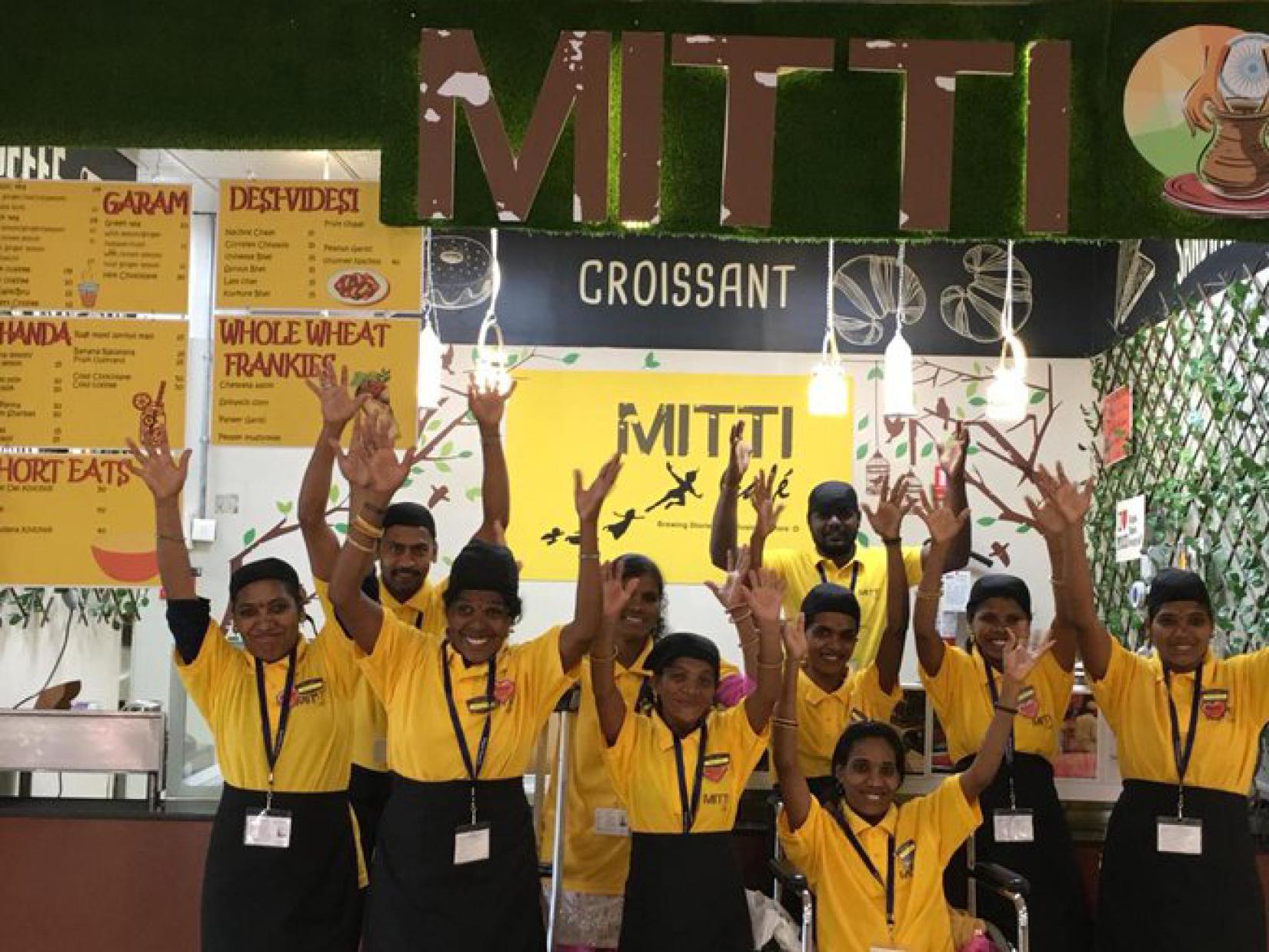
As the project gained traction, Alam rolled out the Mitti Social Initiative Foundation, which trains adults with disabilities and helps them find employment. During the COVID-19 pandemic, the foundation launched its Karuna Meal Campaign, which seeks to feed two million people in need. “The idea came from a person with cerebral palsy. He used to live on the road before becoming a part of the Mitti family,” Alam says.
Kindness is not just building bridges but also instilling confidence among people. “We expect Governments, NGOs, and corporations to make a difference. The truth is, we need to look inwards and bring incremental change in our lives,” says musician Ricky Kej, who launched the #KindnessAnthem at the #KindnessConcert as part of the 2019 World Youth Conference on Kindness. “We need to know that with each small act of kindness we create a huge positive impact,” Kej adds. The anthem was created by musicians from four continents.
Among the organisations that hope to take the campaign further is the WKM. “When UNESCO put out kindness as its goal, I jumped with joy. Here was a powerful, global organisation that says kindness matters to SDGs. It was in direct alignment with the work we were doing,” WKM President Nirmala Mehendale says.
As part of the #KindnessMatters Campaign, WKM conducted workshops at the 2021 conference and added 20,000 kindness stories to MGIEP’s storyboard.
After the pandemic, what the world needs is a ‘ kindemic’, Mehendale stresses.
After the pandemic, what the world needs is a ‘kindemic’.
Kindness advocate Debashis Mohanty will agree. The Odisha youth’s story, posted on the campaign storyboard, focuses on the COVID-19 pandemic. “In this pandemic we have started helping people in every possible way” — providing food to those who need it and distributing groceries, masks and sanitisers, he writes. “Good action (would) give strength to ourselves and inspire good actions in others.”
Acts of kindness embraced the pandemic-induced lockdown in particular, a period that witnessed untold misery. As the offline and online worlds came together, social media played a key role in helping people reach out to NGOs, lend individual help, or set up crowd-sourced social initiatives to provide food, PPE kits, and other necessities to those in need. Social media enabled people to stay connected and work together — both as individuals and as communities — to support people who needed assistance, in a time when physical liaising was almost impossible.
Large numbers of students reached out to people who’d been impacted by the COVID-19 pandemic and faced financial problems because of loss of jobs and other related issues. India’s national lockdown in 2020 left many daily wage workers without work and food. That was when Delhi’s Modern Public School, in collaboration with Roti (bread) Bank, an initiative by a group dedicated to feeding the poor, started Roti Banks on Wheels to feed families in underprivileged areas. The bus collected food packets from citizens who volunteered to contribute to the service and delivered them to those in need of it. Roti is an Indian staple.
UNESCO MGIEP Director Anantha K. Duraiappah points out that the need to contribute, help, support and belong is a fundamental predisposition in human beings, who are inherently kind. “Reflect. Empathize. Be kind,” Duraiappah writes in the foreword to the book Kindness Matters.
Reflect. Empathize. Be kind.
Building on last year’s success, the 2022 goal is to collect 5 millions acts of kindness and to organise the fourth World Youth Conference on Kindness.
A little step, indeed, can lead to a movement, and, thereby, a happier world. As Mahatma Gandhi said: “In a gentle way, you can shake the world.”
To share your kindness stories, log on to https://kindnessmatters.paperform.co.
To know more, log on to https://mgiep.unesco.org/kindness.
Credits:
Writer: UN/Varuna Verma/ Word Wide Media
Illustrations: Ishan Mudgal, Anasua, Tulika Trivedi
Pictures: Mount Abu Public School


















